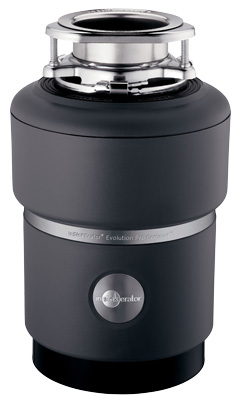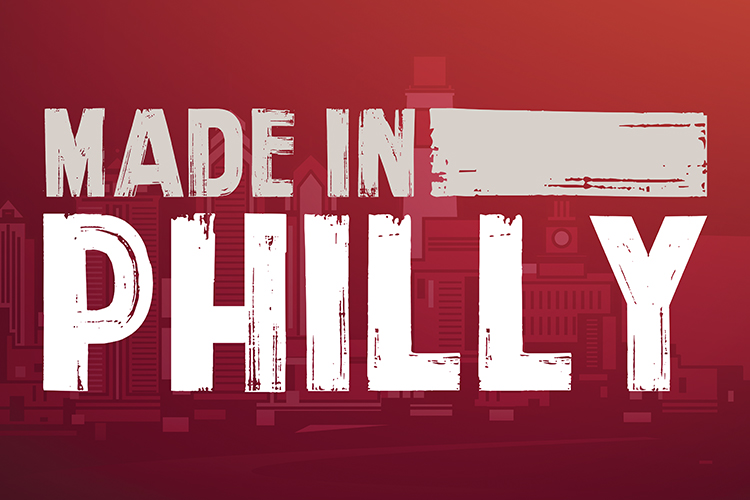 story by Liz PachecoWhile the city of philadelphia isn’t planning to start a composting program anytime soon (see our interview with Mayor Michael Nutter on p. 12), efforts are being made to divert food waste from landfills.
story by Liz PachecoWhile the city of philadelphia isn’t planning to start a composting program anytime soon (see our interview with Mayor Michael Nutter on p. 12), efforts are being made to divert food waste from landfills.
In May, Mayor Nutter and the Streets Department launched the Clean Kitchen, Green Community pilot program. The program is based on a partnership between community group Ogontz Avenue Revitalization Program and InSinkErator, a leading producer of food waste disposals.
“Disposers were traditionally conceived, marketed and gained acceptance as a product of convenience,” explains Kendall Christiansen, a senior consultant for environmental affairs at InSinkErator. “But the shift the last several years has been to think of food waste—food scraps—as a resource with a lot of embedded stuff in it, primarily water, but also with nutrients and energy.”
For the pilot, InSinkErator has provided and installed food waste disposers in 200 homes in the Point Breeze and West Oak Lane neighborhoods. “We’re going to measure the impact and see where we go with that company or a number of others who may want to join in,” explains Mayor Nutter.
On average, an American family generates 17 pounds of food waste each week. In Philadelphia, food waste makes up approximately 10 percent of the waste going from homes to landfills. Sending food waste to landfills—where it releases methane and can’t properly decompose—eliminates the opportunity to harness the energy. This process also wastes money. The City pays $68 in tipping fees for every ton brought to the landfill. And for families, a food waste disposer uses minimal water and energy.
With the Clean Kitchen, Green Community program, the food waste is pulverized in the disposer and travels to the water treatment plant. There, a majority of the food waste is removed and goes to anaerobic digesters where it’s heated, producing methane. This methane is cleaned and can be used for electricity and heat.
“Obviously in some neighborhoods [the program] would work,” says Mayor Nutter. “The question is how much personnel and equipment would you devote to it and how much pay back do you really get. Those are the economic decisions that we also have to take into consideration.”
For more information on the Clean Kitchen Green Community program and a special rebate deal from InSinkErator, visit philadelphiastreets.com/ckgc-overview.aspx



